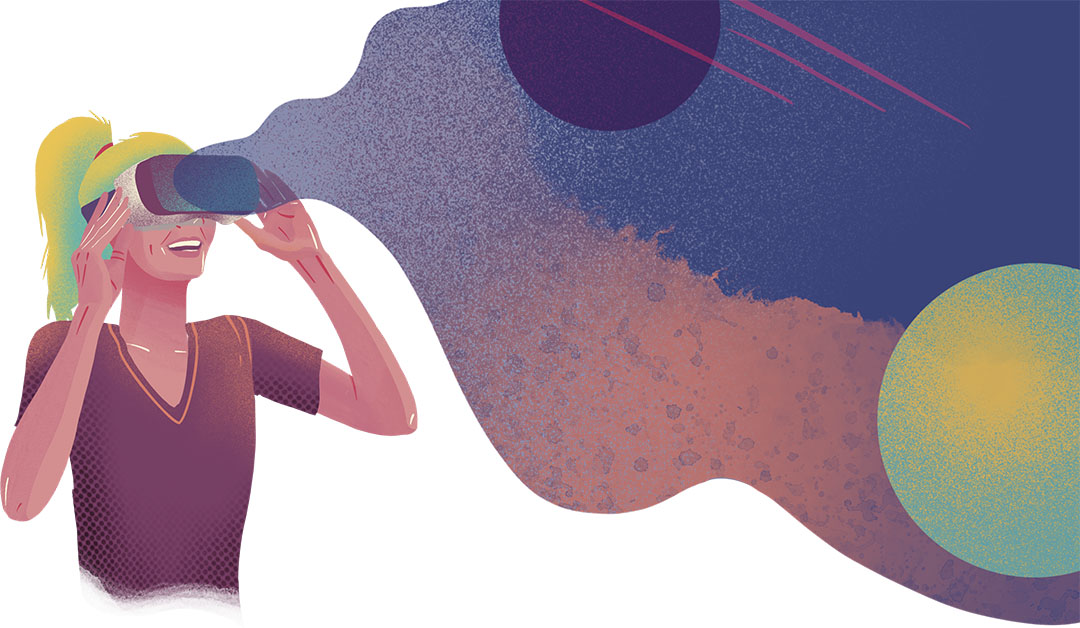
The contented classroom
Fall/Winter 2021 issue
Sometimes we just need to escape
This fall semester, Dr. Tony Chaston, PhD, launched his PSYCH 4408 — The Digital Frontier: Perception, AI and Virtual Reality (VR) in Psychology course, the first-ever Canadian university class to be held mainly in an alternate dimension. A professor with the Department of Psychology, Chaston has been working in the VR field for more than a decade and has run several VR research projects through MRU's Centre for Psychological Innovation.
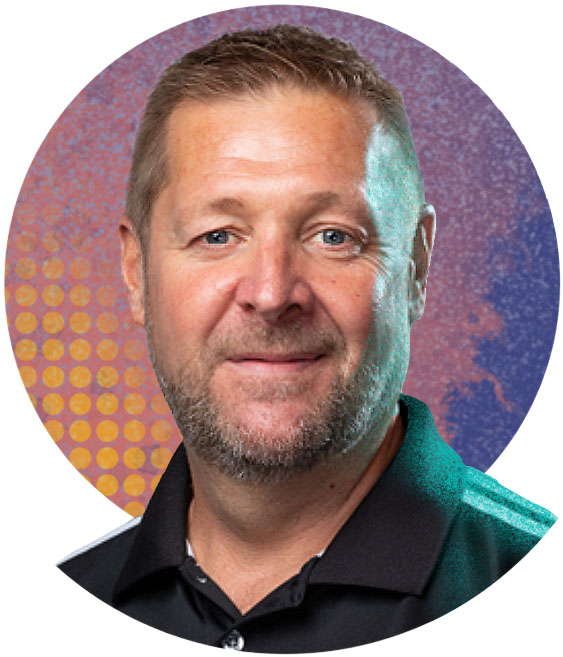
Dr. Tony Chaston, PhD
“One of the largest growth areas in VR right now is how it can assist with improving mental health and wellness,” such as guided meditations run through VR for relaxation and stress reduction.
VR nature experiences are also beneficial, Chasto says. When building a natural world in VR, which Chaston did himself when designing his MRU course, researchers look for the “critical components” of what is found outdoors and then try to replicate those in VR. Of course, being in actual nature is always better, but it's not always possible to get to.
“Teasing out the important variables is interesting. One of the things we haven't been able to explore is that the exercise factor probably also plays an important role,” which has led Chaston to begin playing around with the idea of providing treadmills when in VR for that extra added burst of dopamine.
Additionally, VR can be helpful for reducing anxieties, such as a fear of spiders. “One of the most common treatments is exposure therapy. What we do is we expose people to spiders in some way, very mild at first, and make that a positive experience.” The exposures slowly become more up-close, until eventually the person is actually holding a (virtual) spider.
This shows that people can eventually learn different ways of interpreting the things that are happening in their lives. “It's the way you process them and what choices you make about them,” Chaston says.
“Maybe you'll never get rid of initial negative reactions to things, but you can recognize that you're having that emotional reaction and then make a cognitive choice to have a different outward reaction to it. You can choose.”
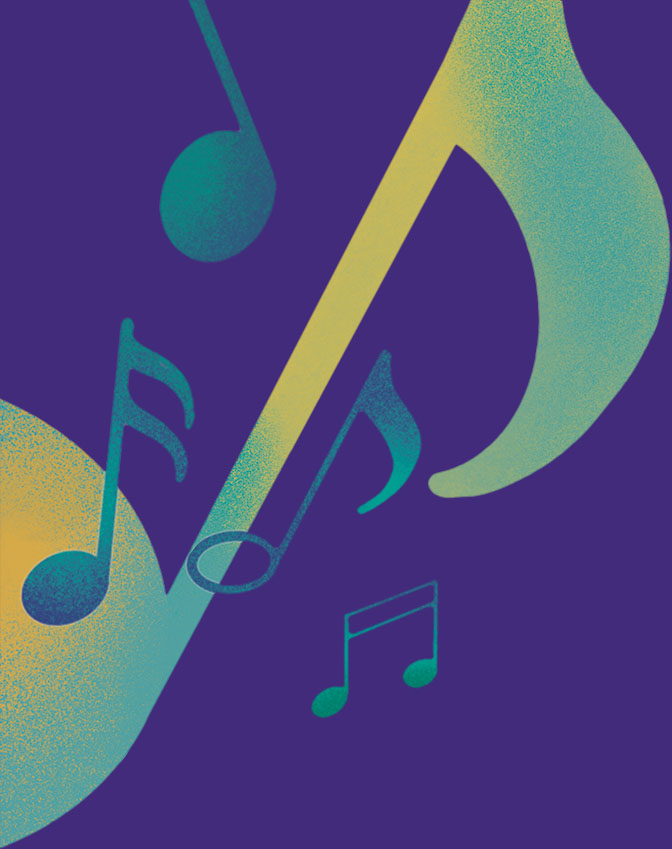
Music to your ears
Whether it’s a favourite song, a distant memory of a snippet of a symphony or an aria that moves you to tears, music creates emotional responses and connections. A new course at the Mount Royal University Conservatory provides an overview of how music therapy can be used to positively affect mental and emotional health.
The six classes comprising Music Therapy: Approaches and Techniques equip students with an understanding of music therapy practices from a person-centred perspective, says instructor Fleur Hughes, a certified music therapist.
“I love how music therapy offers a space where the client is free to grow and develop an awareness of their inner experiences. At the core of the work is the relationship with the client and how that is centred within the framework of music,” Hughes says. “Within the music, we develop a therapeutic relationship based in respect, empathy, positive regards and acceptance.”
Working with stakeholders, the Conservatory has been exploring ways to offer music therapy programming for a few years, says interim director of the Conservatory Jean-Louis Bleau, who notes there was strong community interest in the subject.
“The importance of music for mental well-being is core to what we do at the Conservatory,” Bleau says. “This course is the next evolution in promoting what we know to be true about the study and import of music. We’re keen to support the mental, emotional and cognitive health benefits of music therapy.”
Teaching teachers resilience
Teachers stand up in front of classrooms every day to lead students in learning — regardless of how they may be feeling. They are constant role models, the people to whom we entrust our kids, and they carry the heavy burden of creating a healthy environment even if they have other things going on in their personal lives.
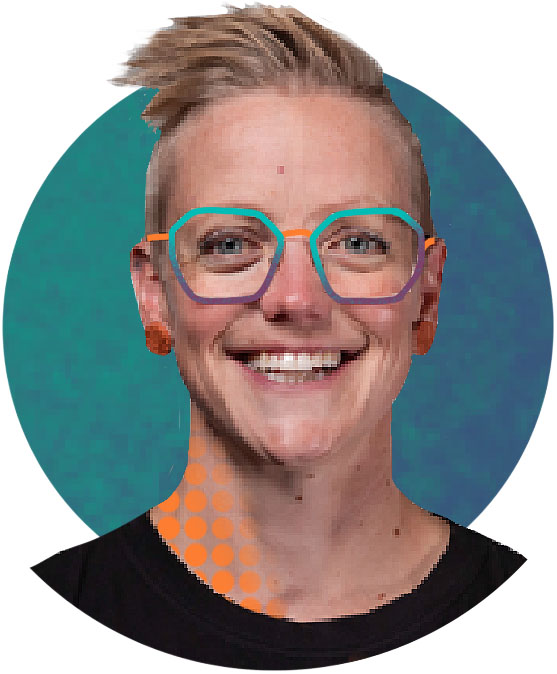
Dr. Shannon Kell, PhD
Dr. Shannon Kell, PhD, an associate professor of health and physical education, is keenly aware of how teachers must model happiness in their classrooms, leading her to develop a new teacher well-being course. She saw an opportunity to better equip student teachers with the tools needed to support themselves so they can support others.
“If you can't be well, you can't deliver,” Kell says. “Teachers, in particular, get overworked and down this rabbit hole of, ‘I have to mark, I have to deliver.’ But taking a step back and remembering that you're a person, and you have needs and you have dreams, allows you to relate on so many more levels to the little people in front of you.”
The Teacher Wellness course was first offered this fall. The framework is based on comprehensive school health and was developed in close consultation with organizations such as Alberta Health Services and Ever Active Schools. Four pillars provide the overall structure: curriculum and teaching, policy, social environments in schools, and communities and external partnerships. Kell says pre-service teachers learn that if they want to create change in a school they can pinpoint one or all of those pillars. Examples may be addressing school policies that don’t allow for sick or mental health days or creating an outdoor classroom to improve learning environments.
“If we're not happy, then we can't learn and we can't be good people,” Kell says. “ ‘Resiliency’ is a key word I focus on. If we learn about resiliency and come out with that perspective, it will teach children that, ‘Yes, you can be mad and you can be sad that something didn't turn out, but now what are you going to do about it?’ So that the end game is always happiness.”
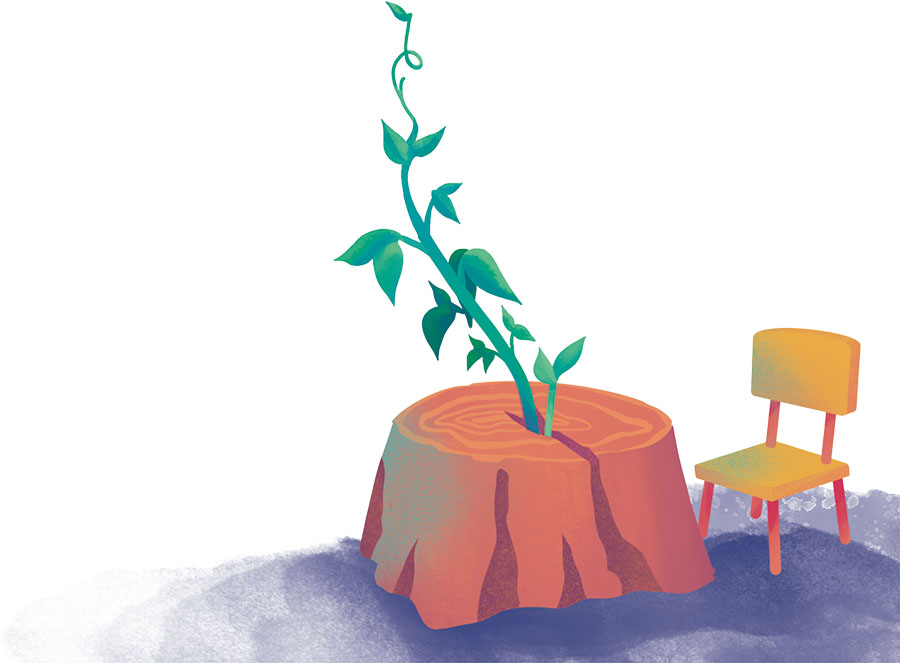
Read more Summit
‘The Conquest of happiness’ then and now
Philosopher and author Bertrand Russell took a deep dive into happiness nearly 100 years ago. Do his words still stand today?
READ MORE


